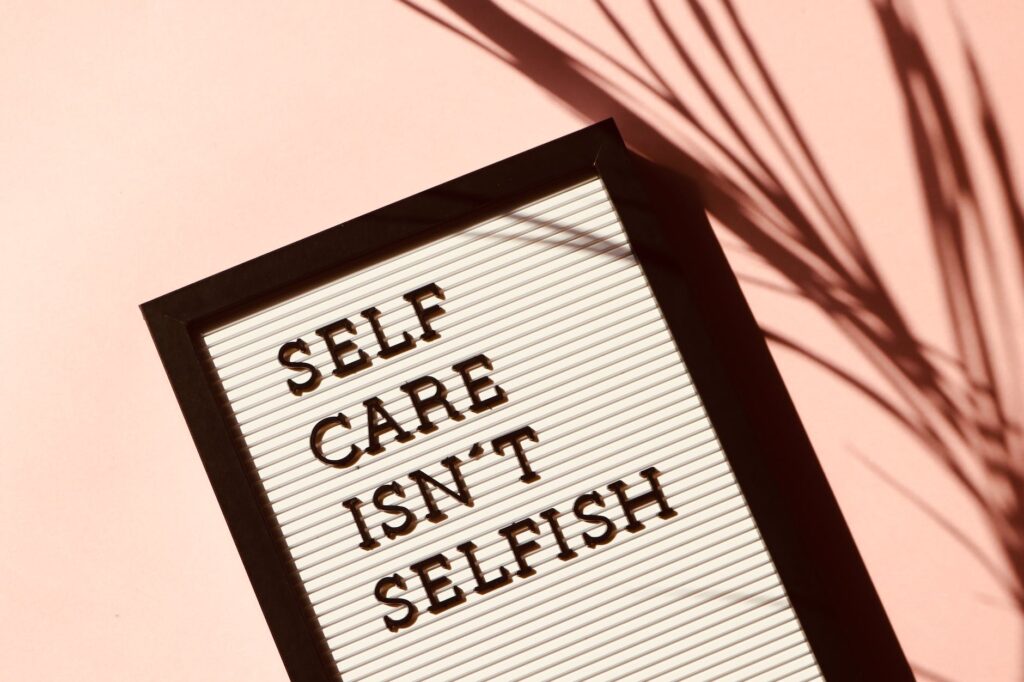
Introduction:
Mental health is a critical aspect of overall health and well-being, and women are more likely to experience mental health issues than men. According to the World Health Organization (WHO), depression is the leading cause of disability among women worldwide, and anxiety disorders affect women more often than men. There is a significant need for accessible and effective mental health resources and treatments for women, and technology has the potential to play a significant role in meeting this need. In this article, Dr Rachel Oliver will explore some of the technological solutions available for women’s mental health.
Teletherapy and Online Counseling:
Teletherapy and online counseling services have become increasingly popular in recent years, and they offer a convenient and accessible way for women to access mental health resources. These services allow women to connect with licensed therapists and counselors from the comfort of their own homes, eliminating the need for travel and reducing the stigma associated with seeking help for mental health issues. Many teletherapy and online counseling services offer affordable or sliding-scale fees, making mental health treatment more accessible to women who may not have the financial means to seek traditional in-person therapy.
Mobile Apps:
Mobile apps have revolutionized the way we access information and connect with others, and mental health is no exception. There are a variety of mental health apps available, designed to help women manage symptoms of depression, anxiety, and other mental health issues. Some popular mental health apps include Calm, Headspace, and Talkspace, which offer guided meditations, mindfulness exercises, and online counseling services, respectively. Other apps, such as Moodfit and Pacifica, provide tools for tracking mood and behavior patterns and offer coping strategies and resources for managing symptoms.
Wearable Devices:
Wearable devices, such as fitness trackers and smartwatches, have become ubiquitous in recent years, and they offer a variety of features that can be beneficial for women’s mental health. For example, many fitness trackers offer sleep tracking features, which can be useful for women who struggle with insomnia or other sleep disorders. Smartwatches also offer features such as breathing exercises and mindfulness reminders, which can be helpful for managing stress and anxiety. In addition, some wearable devices, such as Spire, offer real-time feedback on breathing patterns and stress levels, which can help women identify triggers for anxiety and develop coping strategies.
Virtual Reality:
Virtual reality (VR) is a rapidly evolving technology that has the potential to revolutionize the way we approach mental health treatment. VR can be used to create immersive environments that can be used for exposure therapy, a treatment method used to help people confront and overcome their fears. For women who experience post-traumatic stress disorder (PTSD) or phobias, VR therapy can offer a safe and controlled way to confront and manage their symptoms. VR can also be used to create relaxation environments, such as virtual beaches or forests, which can be helpful for managing stress and anxiety.
Conclusion:
Technology has the potential to significantly improve access to and effectiveness of mental health resources and treatments for women. Teletherapy and online counseling services, mobile apps, wearable devices, and virtual reality are just a few examples of the technological solutions available. As technology continues to evolve, it is likely that we will see even more innovative solutions for women’s mental health in the future. However, it is important to note that technology is not a substitute for professional mental health treatment, and women who are experiencing mental health issues should seek the guidance of a licensed mental health professional.